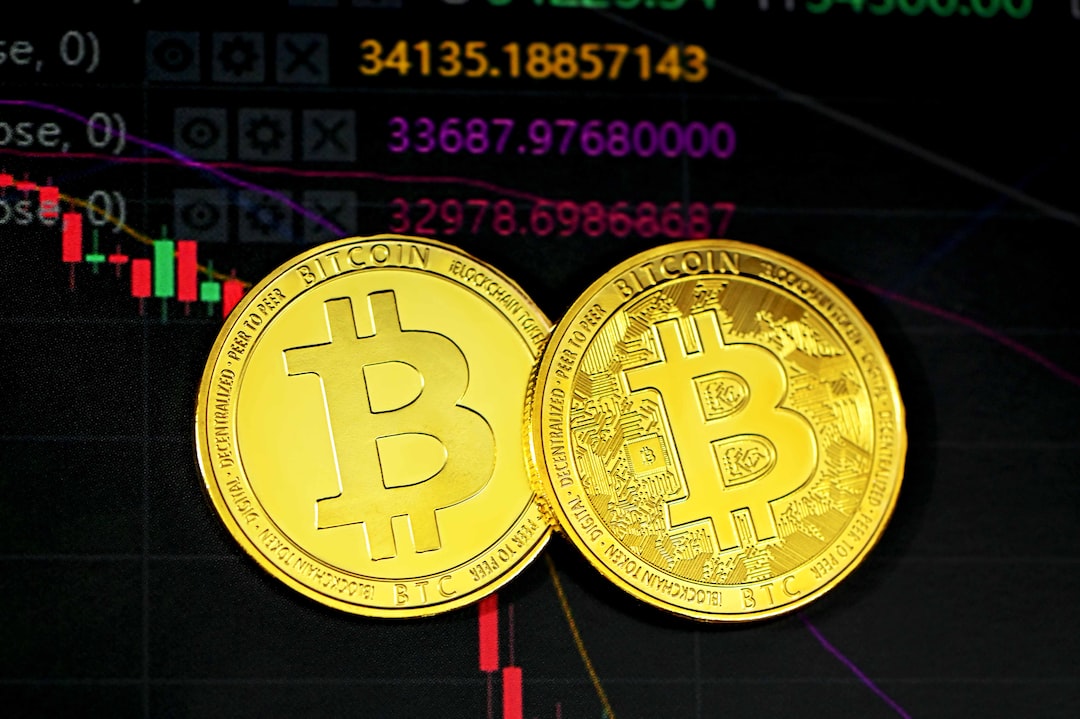A Series of Tweets Raises Questions about SEC’s Impartiality
A recent series of tweets has drawn attention to potential conflicts of interest within the Securities and Exchange Commission (SEC) as it continues its legal battle against blockchain company Ripple. The tweets highlight the swift career moves of two senior SEC officials involved in the Ripple lawsuit. Marc Berger, who was the Acting Enforcement Director, left his position in December 2022 and joined law firm Simpson Thacher as co-head of its government investigations practice. Similarly, Dalia Blass, former head of the Division of Investment Management and Investment Management Policy, became a partner at Sullivan & Cromwell.
Recent Exits of Key Officials Cast Doubt on the Regulator’s Impartiality
These recent personnel changes have reignited concerns about potential conflicts of interest within the SEC. Given the agency’s aggressive pursuit of Ripple over the past three years, some perceive these moves as evidence of bias. Prior to their roles at the SEC, both Berger and Blass had close ties to Wall Street law firms, further fueling suspicions of an insular and biased regulatory environment targeting the crypto industry.
Skepticism Surrounding the SEC’s Motives
As the Ripple case approaches a critical ruling, doubts about the SEC’s motives have reached a boiling point. The high-profile departures of key officials only intensify calls for ethics reforms and a more impartial approach to crypto oversight. Restoring public trust is now an urgent priority for the embattled regulator.
Hot Take: Calls for Transparency and Impartiality Grow Louder
The recent revelations regarding career moves within the SEC have raised serious questions about its ability to remain impartial in its dealings with the crypto industry. The swift transitions from key positions at the agency to prominent law firms have fueled concerns of bias and conflicts of interest. As the legal battle with Ripple continues, the SEC must address these accusations and work towards restoring public trust. Calls for transparency and ethics reforms are growing louder, demanding a more impartial regulatory environment for the crypto sector.





 By
By
 By
By
 By
By
 By
By
 By
By